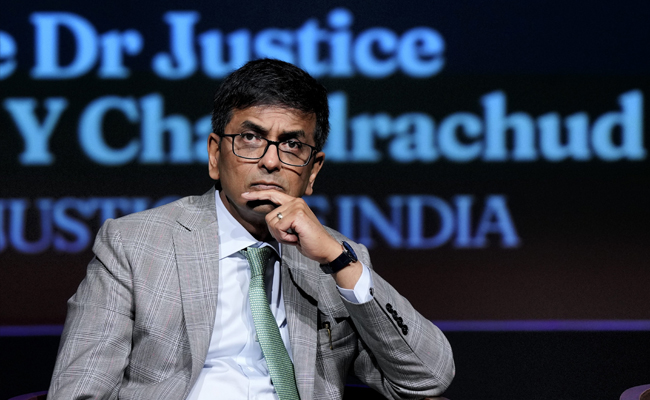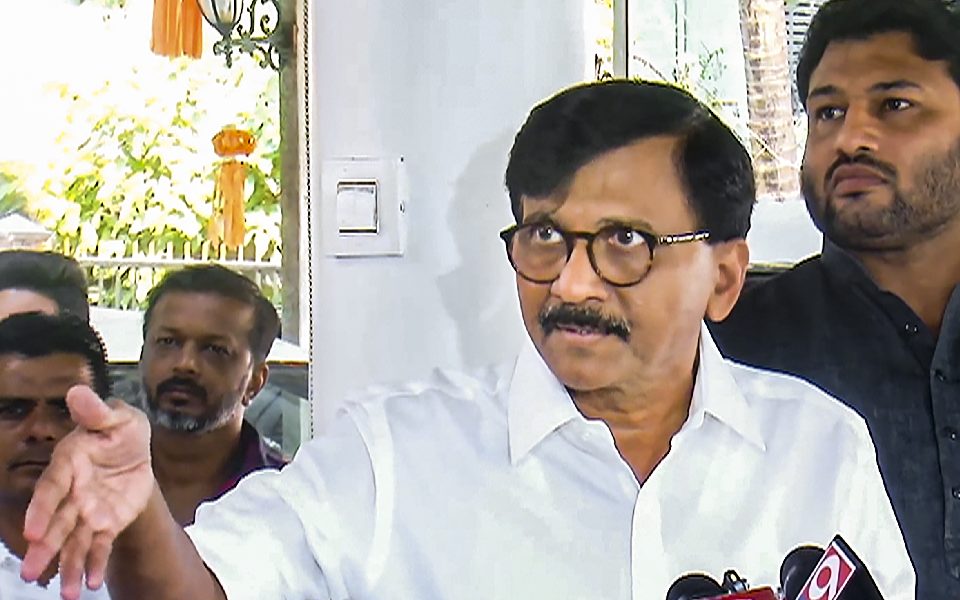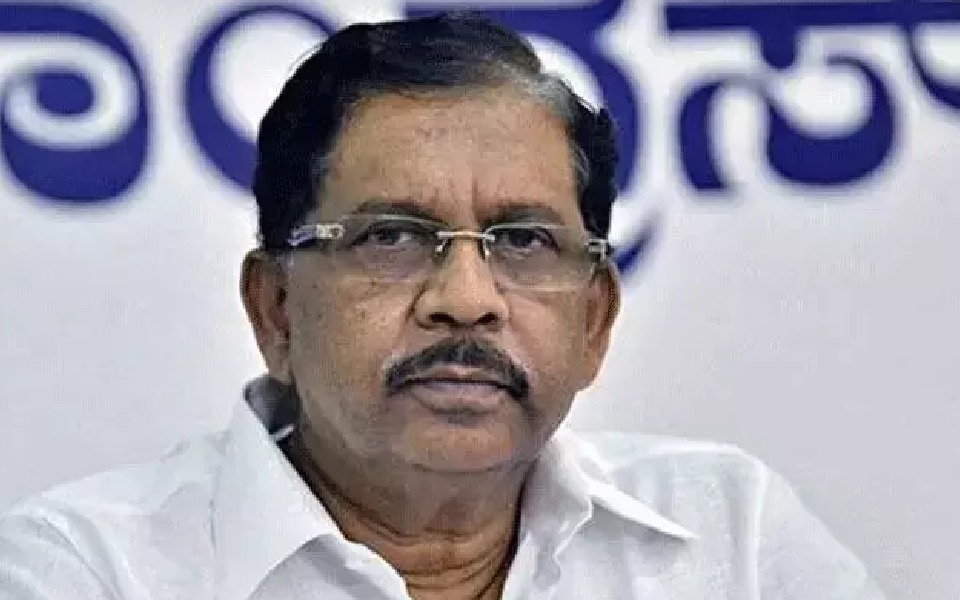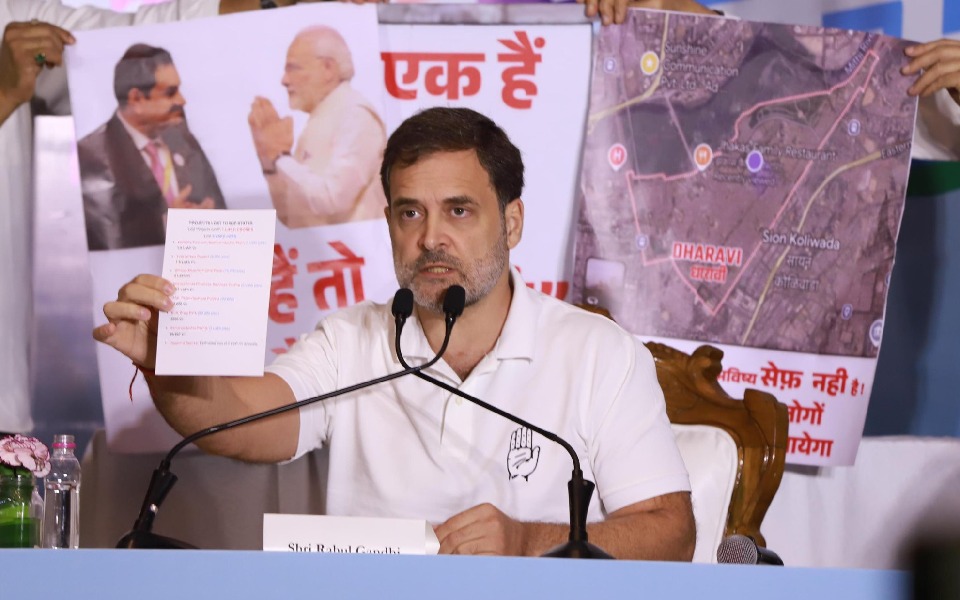Panaji (PTI): Chief Justice of India D Y Chandrachud on Saturday said the role of the Supreme Court as a people's court must be preserved for the future, but it does not mean that it has to fulfil the role of an Opposition in Parliament.
He said one is entitled to criticise the court for the inconsistency of legal doctrine or an error, but one cannot look at its role or its work from the perspective of outcomes.
The CJI was addressing the first Supreme Court Advocates On Record Association (SCAORA) Conference in South Goa.
"The access to justice paradigm of the Supreme Court, which has been developed over the last 75 years, is something that we should not lose track of," he said.
When societies grow and evolve into prosperity and affluence, there is a perception that you should be looking at only the big-ticket items. Ours is not a court like that. Ours is a court which is a people's court and I think the role of Supreme Court as people's court must be preserved for the future, he said.
"Now, being a people's court is not to say that we fulfil the role of the opposition in Parliament," the CJI said.
"I think, particularly in today's times, there is this great divide between everybody who thinks that the Supreme Court is a wonderful institution when you decide in their favour, and it is an institution which is denigrated when you decide against them," he said.
"I think that is a dangerous proposition because you cannot look at the role of the Supreme Court or its work from the perspective of the outcomes. The outcome of individual cases may be in your favour or maybe against you. The judges are entitled to decide with a sense of independence on a case-by-case basis," he added.
The CJI said that one is entitled to criticise the court for the inconsistency of legal doctrine or an error.
"I am sure judges have no difficulty about it, but the problem lies when the very same people see that the court is going to a particular direction are all willing to criticise it because the outcome has gone against you," he said.
The CJI said, "We as a legal profession must have a robust common sense to understand that judges are entitled and must decide on a case-by-case basis, depending on how the legal doctrine has to be applied to the facts in that particular situation."
Speaking about the initiatives taken up by the Supreme Court, the CJI said the apex court has done a lot in terms of technology, including launching e-filing of cases, digitisation of case records, conversion of constitutional bench arguments from speech-to-text or live-streaming of court proceedings.
Live-streaming of our court proceedings has been a game-changer despite the flip sides of it, he said.
"If you have seen some of the flip sides in the last few days, there are lawyers who speak to the gallery," he said, adding that now the proceedings are not just confined to the particular court room with 25 or 30 or 50 lawyers, but it goes to 20,000,000 people almost at the click of a button.
"I do believe that live-streaming is something which has taken the work of the Supreme Court of India to home and the heart of people. There was a perception on ground that the Supreme Court does cases only involving the rich and the resourceful clients," he said.
It is very easy to make that allegation against the Supreme Court because who knows who has the ability to cross-check what you are doing as citizens are outside the system, the CJI said.
"But live-streaming has changed all that because citizens now know that the smallest problems of citizens, whether there is a small bail application of someone who is seriously suffering from an element and is in custody for two years under the PMLA, under the NDPS or somebody's pension dues, somebody's service retirement dues that all these ordinary problems of simple human beings get the most serious attention of the Supreme Court," he said.
Let the Truth be known. If you read VB and like VB, please be a VB Supporter and Help us deliver the Truth to one and all.
Mumbai, Nov 25: Shiv Sena (UBT) MP Sanjay Raut on Monday demanded a re-election in Maharashtra using ballot papers, claiming there were irregularities with the electronic voting machines (EVMs).
Talking to reporters, Raut alleged several complaints about EVMs malfunctioning and questioned the integrity of the recently held elections.
The BJP-led Mahayuti won 230 out of 288 seats in the assembly elections, while the opposition Maha Vikas Aghadi managed 46 seats, with Shiv Sena (UBT) winning just 20 out of 95 seats it contested.
"We have received nearly 450 complaints regarding EVMs. Despite raising objections repeatedly, no action has been taken on these issues. How can we say these elections were conducted fairly? Hence, I demand that the results be set aside and elections be held again using ballot papers," Raut said.
Citing some instances, he said a candidate in Nashik reportedly received only four votes despite having 65 votes from his family, while in Dombivli, discrepancies were found in EVM tallies, and election officials refused to acknowledge the objections.
The Sena (UBT) leader also questioned the credibility of the landslide victories of some candidates, saying, "What revolutionary work have they done to receive more than 1.5 lakh votes? Even leaders who recently switched parties have become MLAs. This raises suspicions. For the first time, a senior leader like Sharad Pawar has expressed doubts about EVMs, which cannot be ignored."
Asked about the MVA's poor performance in the elections, Raut rejected the idea of blaming a single individual.
"We fought as a united MVA. Even a leader like Sharad Pawar, who commands immense respect in Maharashtra, faced defeat. This shows that we need to analyse the reasons behind the failure. One of the reasons is EVM irregularities and the misuse of the system, unconstitutional practices, and even judicial decisions left unresolved by Justice Chandrachud," he said.
Raut stressed that though internal differences might have existed within the MVA, the failure was collective.
He also accused the Mahayuti of conducting the elections in an unfair manner.
"I cannot call the elections fair given the numerous reports of discrepancies in EVMs, mismatched numbers, and vote irregularities across the state," Raut said.





